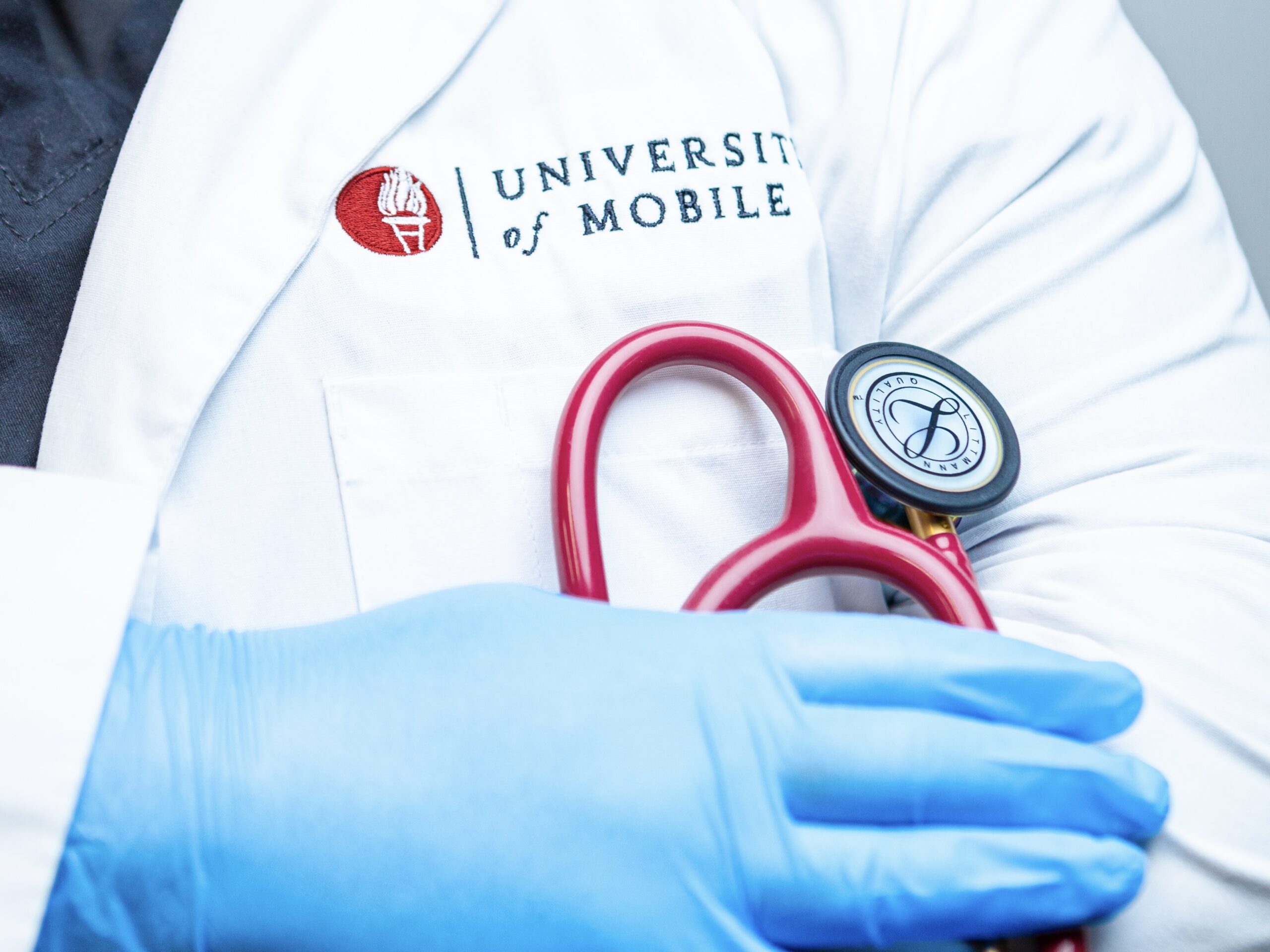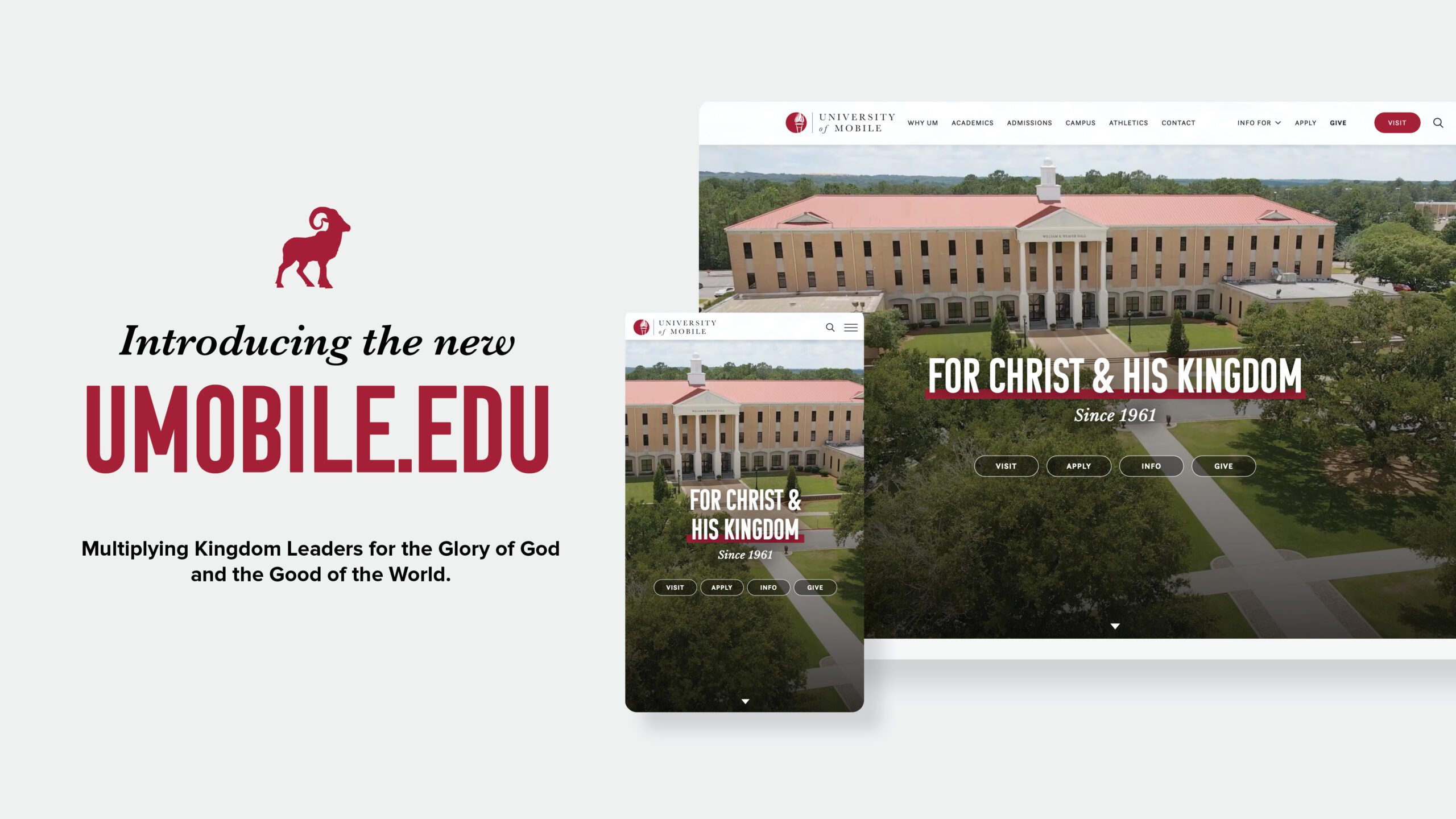3 Simple Steps to Success: Advice from a Senior Psychology Major

The decision to pursue – and the challenge to complete – a college education can be intimidating, but it doesn’t have to be! Whether you are a freshman, a graduate student, or somewhere in between, implementing effective strategies and reducing stress can be important indicators of physical, mental and academic success. As a psychology student at the University of Mobile, I have learned a few simple hacks for making the most of the college experience. I have condensed the keys to effectively pursuing well-being and success into three easy steps:
Step 1: Practice Conscientiousness – Conscientiousness is a trait that generally determines how time, tasks and spontaneity are perceived. Although personality traits are generally consistent across time, some improvements in conscientiousness can occur through practice: evaluating expectations, setting attainable goals, and executing a plan. People generally act according to their expectations, or what others expect from them. So, setting confident but realistic expectations is important for college students, because expectations held too high or too low can diminish performance and self-esteem.
I have found that a good rule of thumb for setting expectations is pushing just beyond the “comfort zone,” which consistently grows greater capability and confidence. From here, it should be easier to envision detailed goals and prepare to meet them according to these expectations. Some practical ways to do this is by regularly checking syllabuses, determining which assignments require more (or less) attention, and outlining small steps that map the most effective route to completion.
Step 2: Take Breaks – Although productivity, efficiency and planning are important for success, they are dependent on getting quality rest and spending some time away from responsibilities. Instead of cramming one subject for hours, it is typically more useful to intermittently switch between subjects and space study sessions out.
In the space in between coursework and study hours, it is important to do things that enhance your physical, mental, and spiritual health. Whether you take some time to run on campus, take an afternoon beach trip, hang out with friends or work on a favorite hobby – simply do whatever makes you feel rejuvenated. Appropriate amounts of rest and intentional self-care can help maintain overall well-being and help you feel more engaged when you get back to work.
Step 3: Connect – One of the biggest indicators of happiness, health and personal success is social support. It is not unusual, then, that the University of Mobile’s motto “Know and Be Known” represents the importance of community on- and off-campus!
If finding connections seems a bit daunting or if you are looking for more ways to get involved, look for opportunities to engage with classmates/dormmates, try out a club membership (like Psych Club!), apply for student positions (as a tutor, UM ambassador, resident assistant, teaching assistant, etc.), or connect with your professors and advisors.
Engaging off-campus with coworkers, family, church members or mentors/mentees is also important for creating a diverse network of connections. This community can help you get through times of stress, celebrate with you in times of joy and push you to become the most successful (however you define it) that you can be.
The University of Mobile is held in high academic regard as a Christ-centered community where students are known. College is an important pitstop on your life journey where you can learn how to pursue excellence by seeking awareness, compassion for yourself, and strong social connections. College does not have to be intimidating but can be an opportunity for growth and success, if only we know how to use it.
Lindsey Vise is a senior at the University of Mobile majoring in Psychology and World Languages and Studies (with a French emphasis). She is a native Mobile resident and is currently using her education and interests to complete an internship with a local non-profit organization. When she has free time, she enjoys painting, biking and spending time with her family and friends.



